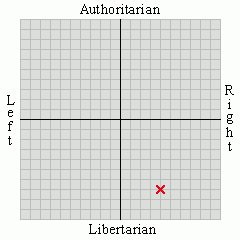No one concerned about the continued transfer of power to Brussels can take comfort from news that senior Treasury official, Jon Cunliffe, is to become our next ambassador to Brussels.More to the point, Cunliffe was at the Treasury with the snot gobbling madman who, once he'd got rid of the grinning mutation, brought him over to the PM's Office as Head of the European and Global Issues Secretariat. Gordo McDoom has gone, finally given the flick by the electorate, but Cunliffe stayed put and has become part of the Cobbelition's CS staff. I intend no criticism of Cunliffe here - he may or may not deserve some but that's not what I'm getting at. The point is that senior Civil Servants advise ministers and so inevitably they do influence policy, and they do not change what they say merely because there's been an election or a reshuffle and there's a different face behind the big desk. Whatever Cunliffe felt was a good idea and recommended to Broon he will also recommend to Cameregg. I'm afraid that's just the way of it, but happily I think there is a solution.
As head of UKREP, the team of British EU negotiators, Cunliffe will have enormous influence over the direction of our EU policy – certainly more than those you voted for in any election, or various ministerial monkeys who turn up to read out the communiqués and sign the deal placed in front of them.
Predictably, the spin behind Cunliffe’s appointment is that he is “tough as teak”, a man who likes saying “no” to foreigners. Those who brief the press attach great importance to the fact he’s not from the overtly federalist Foreign Office.
Yet the idea Cunliffe’s appointment means a change of approach is balls. If anything, it confirms that it’ll be EU business as usual.
The problem is basically that the structure of government and all the mechanisms of state don't change when the government does, and that these are so large and pervasive these days that changing the lot would mean retrenching and hiring millions. So I believe the answer is this: a minarchist state with a tiny tiny government.
Mind you, I wanted that anyway.


















